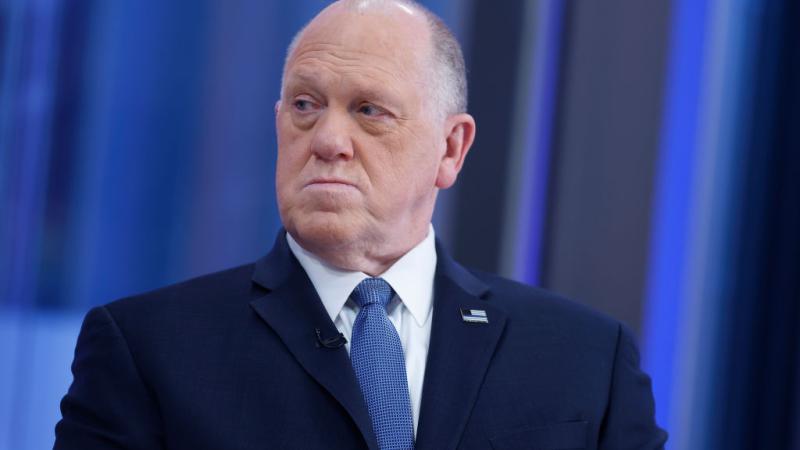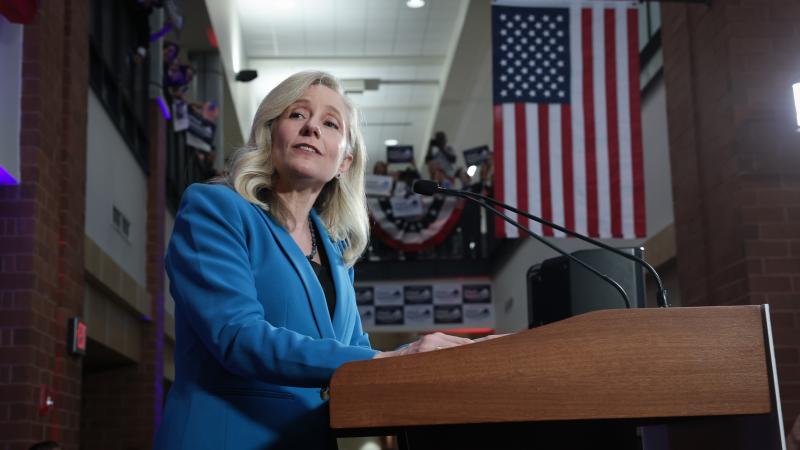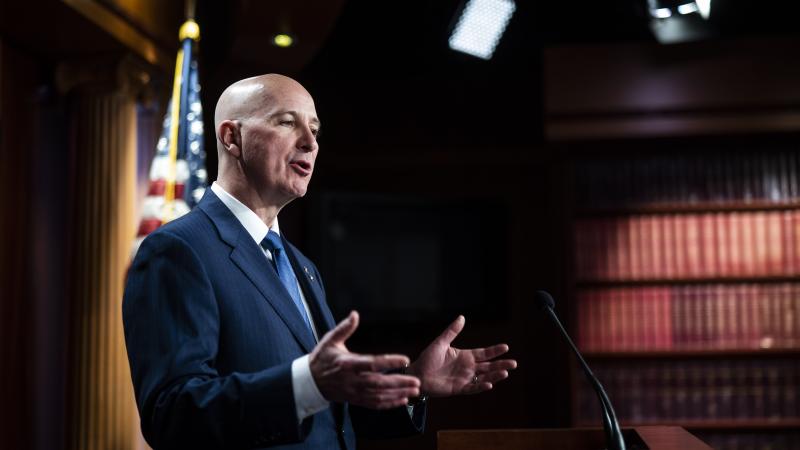Nonpartisan budget model predicts massive spending bill to increase inflation over next two years
U.S. House passes $740 billion green energy, health care package that also expands IRS.
The U.S. House passed a $740 billion package Friday that raises taxes on large businesses, funds green energy initiatives, allows the federal government to set caps on certain prescription drugs, and doubles the size of the Internal Revenue Service to expand audits.
The measure, dubbed the Inflation Reduction Act, passed strictly along party lines, 220-207, with Democrats in support and Republicans opposed.
In its analysis, the nonpartisan Penn Wharton Budget Model reported it would actually increase inflationary price hikes over the next two years.
The Senate added amendments to the measure on Sunday before passing it along party lines and sending it back to the house for Friday's concurrence vote. The bill now heads to President Joe Biden, who’s said he would sign it into law.
This “is a robust cost-cutting package that meets the moment, ensuring that our families survive and that our planet survives,” House Speaker Nancy Pelosi, D-California, said moments before the vote.
Republicans disagree.
"Remember this day," House Minority Leader Kevin McCarthy, R-Calif., said. "When Democrats jammed through a 700-page bill that raises your taxes and doubles the size of the IRS."
Among other provisions, the act authorizes spending of $386 billion for clean energy and climate initiatives, including more than $270 billion in tax credits for manufacturing solar panels, wind turbines, batteries, green energy technologies and electric vehicles.
Republicans say the increased spending is corporate welfare and will add to elevated inflation.
The act would allow the Department of Health and Human Services to set caps on the prices of several prescription drugs, including a monthly $35 cap on insulin copays for individuals. Critics say the caps will discourage pharmaceutical companies from investing in new drug development and lead to higher health care costs in the future.
It imposes a 15% minimum income tax on companies with revenue over $1 billion. And it provides $80 billion to the IRS to hire roughly 87,000 new auditors.
The Biden administration argues the funds gained from auditing Americans will more than pay for the $80 billion in new spending, but critics say small businesses and middle class families will pay the price.
"Sen. [Chuck] Schumer calls the Inflation Reduction Act a ‘game changer,’ but the experts and economists call it a $740 billion scam that fails to reduce inflation, slash prices, or crack down on wealthy tax cheats," Burgess said in a statement. "Instead of working to provide relief, the Inflation, Recession, and IRS Army Act increases inflation, raises taxes on Americans earning less than $200,000 per year, and weaponizes the IRS by bankrolling 87,000 new agents to audit all income levels. This partisan package only makes life more difficult and expensive for everyday Americans.”
“It would be mainly America’s 30 million small businesses,” Chris Edwards of the CATO Institute said, as The Center Square previously reported.














